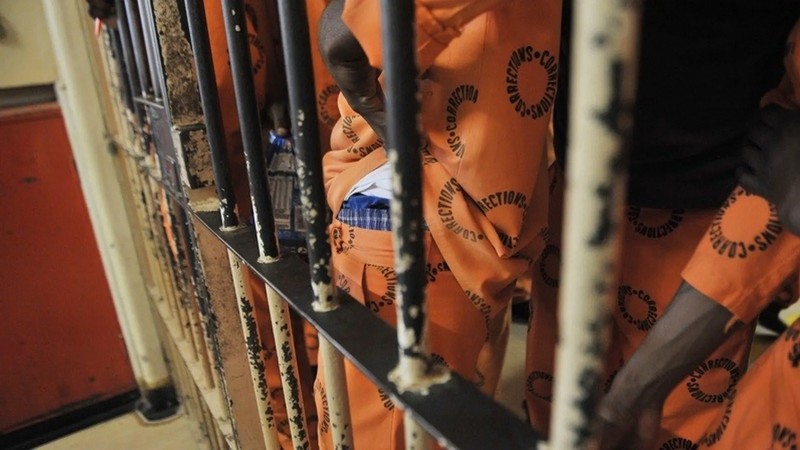In a victory for prisoners across South Africa, the Constitutional Court ruled that they can use their computers to study in their cells, provided that they are registered students and that the computers are without a modem.
In a unanimous judgment, the court declared the current policy of Correctional Services that bars inmates from using their laptops or computers for studying purposes unconstitutional. The department was given a year to promulgate a revised policy.
In the meantime, the Concourt ordered that studying inmates may use their laptops in their cells. The Court, however, made it clear that this case is concerned only with the rights of prisoners to personal computers for educational purposes.
“Nothing in this judgment should be regarded as expressing any view on the justifiability of restrictions on the use of personal computers in cells for any other purposes,” the court said.
It also made it clear that those using laptops in their cells to further their studies will be required to make them available for inspection at any time. If there is a breach of the rules, the inmate can lose their privileges in this regard.
The landmark judgment followed an application launched in 2018 by a prisoner, Sidney Ntuli, challenging the provisions of the department’s policy prohibiting the use of personal computers in prison cells.
While the department said he and other inmates are free to use the computers in the prison’s study facilities, Ntuli said he has limited access to this as he is mostly locked up.
The computer room is only open for limited hours a day, and Ntuli said he is permitted to be outside his cell for only six hours per day.
In September 2019, the court handed down judgment in favour of Ntuli. It found that the policy unfairly discriminated against him and was an unjustifiable limitation of the right to further education of incarcerated persons, and therefore inconsistent with the Constitution.
The state parties appealed this judgment in the Supreme Court of Appeal (SCA), which in November turned down the appeal.
In its reasoning, the court held that the policy prohibiting the use of personal computers in cells infringed upon the rights of prisoners to further education, where such prisoners required the use of personal laptops to pursue their studies.
The department, in turning to the Constitutional Court, maintained that the use of personal laptops or computers posed a security risk.
Correctional Services also argued that there is no blanket ban and thus no infringement of rights, as the computer room was open to these students.
But the Constitutional Court said that access to the computer room, due to the limited hours it is open, is wholly inadequate and in effect boils down to an unjustifiable limitation of the right to further education.
Regarding the department’s security fears, the Court said that despite the “endless list” of daily security issues mentioned, no evidence of any of these myriad issues was adduced. “Moreover, we are still in the dark as to the rationale behind the Policy (banning laptops in cells),” the Court said.
It commented that belatedly, new alleged security concerns were raised by the department, such as the potential danger presented by the electrical cords of computers and laptops in the cells.
“This, too, like the bogeyman threat posed by illicit cellphones, is up the creek without a paddle… There is simply a glaring dearth of evidence to substantiate these security concerns. That is not what is expected of those responsible for the policy,” the court said.
It concluded that Correctional Services, the minister, and other related parties have failed to put up justification for the limitation of the respondent’s right to further education.
Ntuli has, meanwhile, concluded his studies, but he paved the way for this victory for his fellow inmates.
